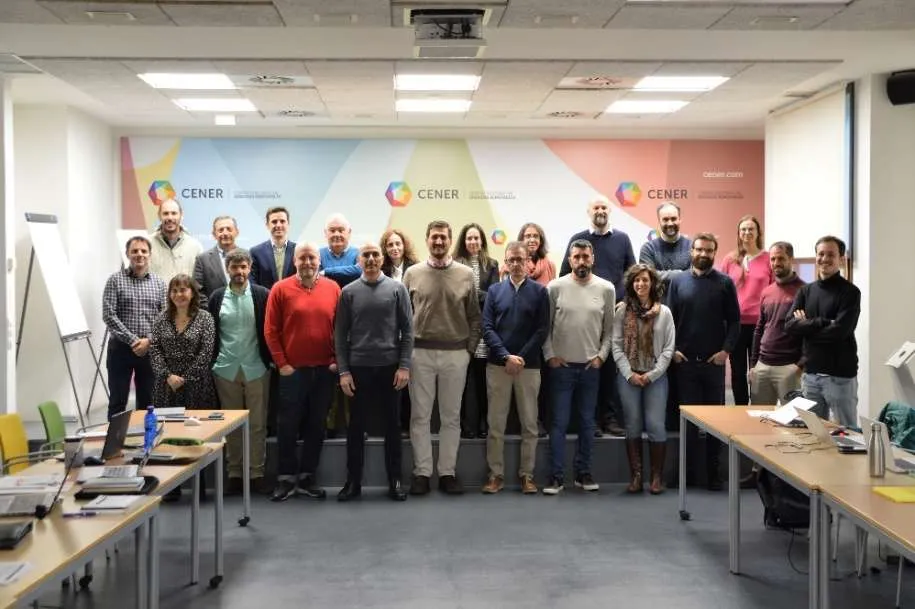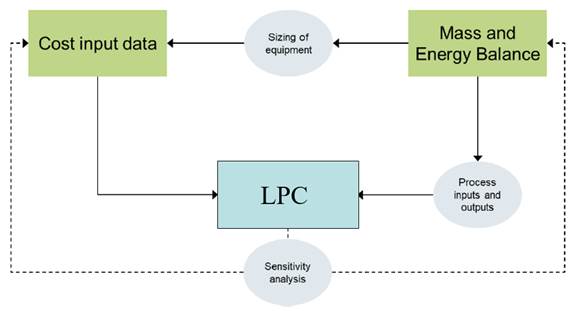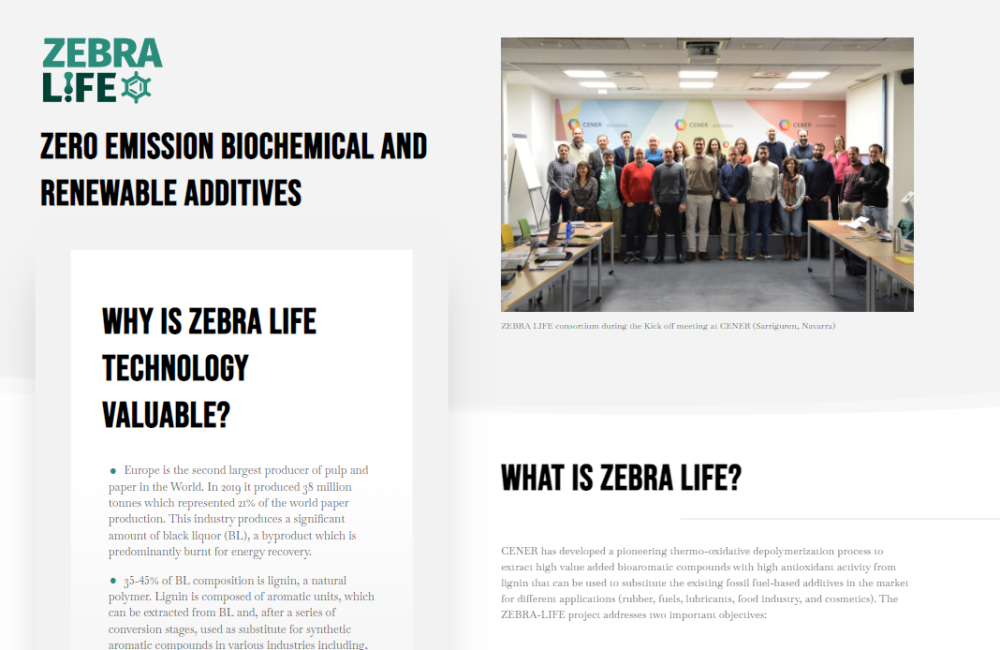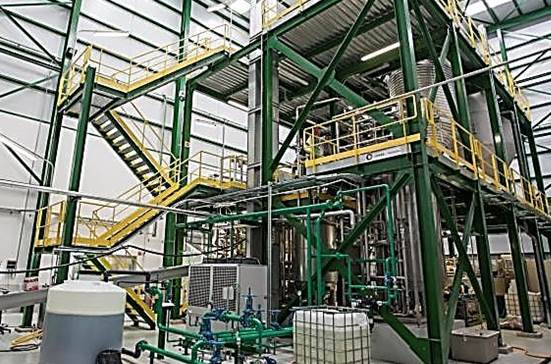ZEBRA-LIFE kicks off, a project to produce renewable origin antioxidants from the pulp and paper industry by-products
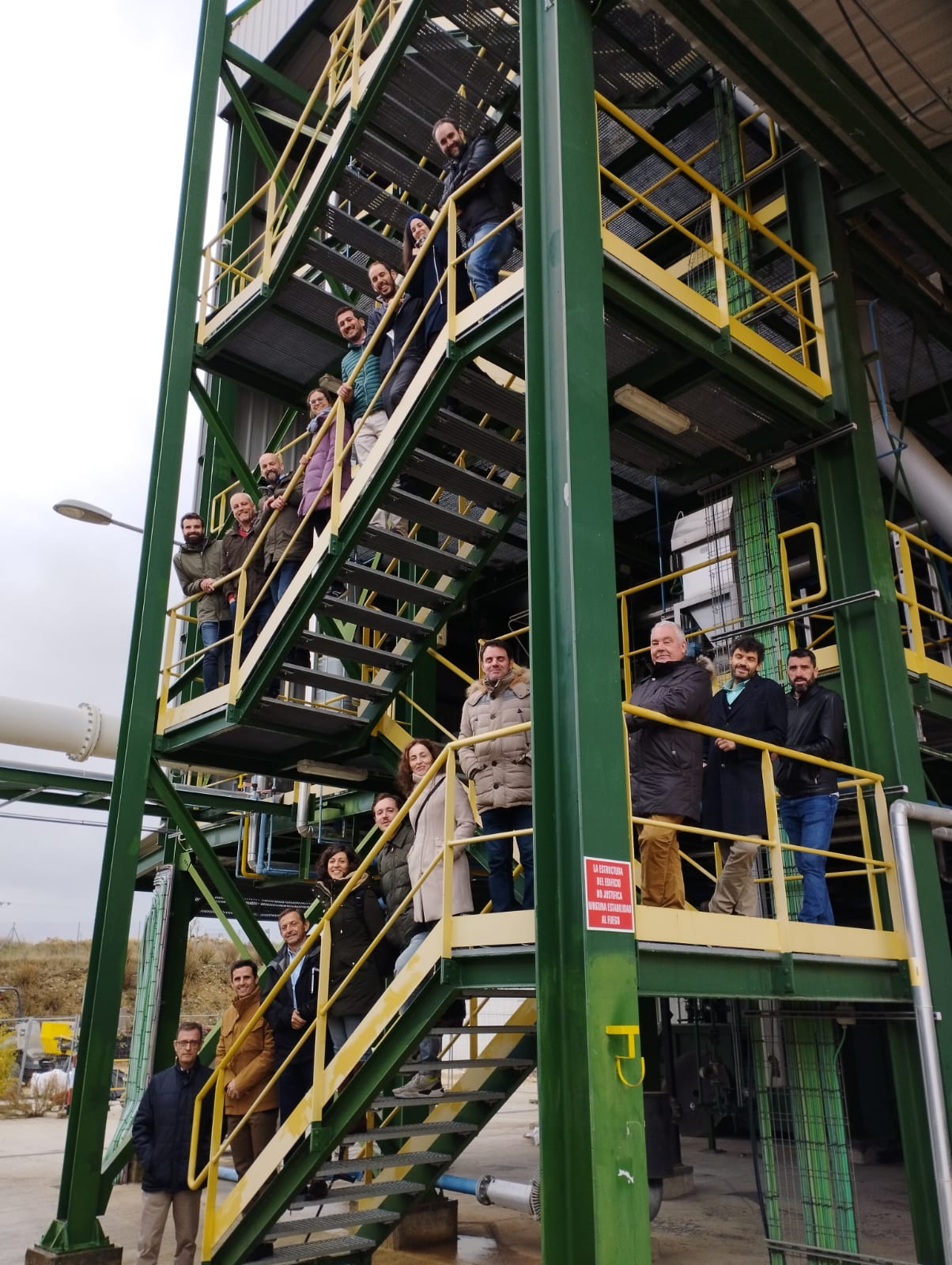
Last November, the Centro Nacional de Energías Renovables (CENER) launched a new project, with the objective to develop a novel technology to take advantage of the black liquor of the pulp and paper industry transforming it into products with high antioxidant capacity and ultraviolet radiation absorption from renewable sources. In this way, in addition to developing a renewable product with direct use in multiple industrial sectors, it brings an alternative to the current energy recovery process of the black liquor, thus contributing to an improved life cycle based on the circular economy.
Antioxidants are a necessary high added value component used to preserve the properties and qualities of the final product in different industrial sectors, such as food, cosmetics, the rubber industry or fuels and lubricants, among others.
During two days of work on November 22nd and 23rd, at CENER’s headquarters in Sarriguren (Navarra-Spain), the ZEBRA-LIFE project (Zero Emission Biochemical and Renewable Additives) started as a public-private initiative formed by eight Spanish organisations from very diverse sectors. In addition to CENER, which leads the consortium, the biotechnology company Bioquochem, the multi-energy company Repsol, the cosmetic active ingredient startup Roka Furadada, the pulp and paper company Smurfit Kappa, the Riojan Technology Centre, the meat industry represented through ASINCAR, the Asociación de Investigación de Industrias de la Carne del Principado de Asturias, and the strategic consultancy Inveniam, all participate.
Over the next four years, the consortium will work to demonstrate the techno-economic feasibility of the oxidative depolymerization technology, developed by CENER, as well as the creation of new value chains based on this new circular economy process to produce antioxidants and ultraviolet absorbing compounds. These compounds with high antioxidant capacity obtained by this novel process will be evaluated by leading companies with an extensive experience in their respective sectors in the multiple applications considered in the ZEBRA-LIFE project. This is intended to ensure the subsequent commercial viability of the products from renewable sources in development.
The European Commission has appreciated the innovative nature of this project and its contribution to the European Green Deal, financing it through the LIFE Programme.


Co-funded by the European Union. Views and opinions expressed are however those of the author(s) only and do not necessarily reflect those of the European Union or CINEA. Neither the European Union nor the granting authority can be held responsible for them.
